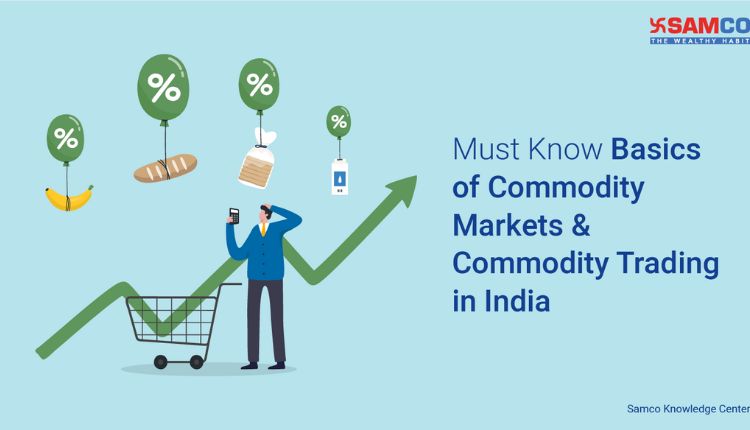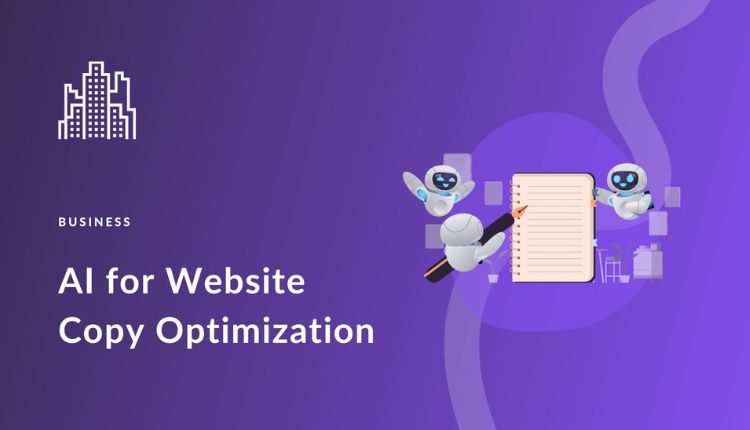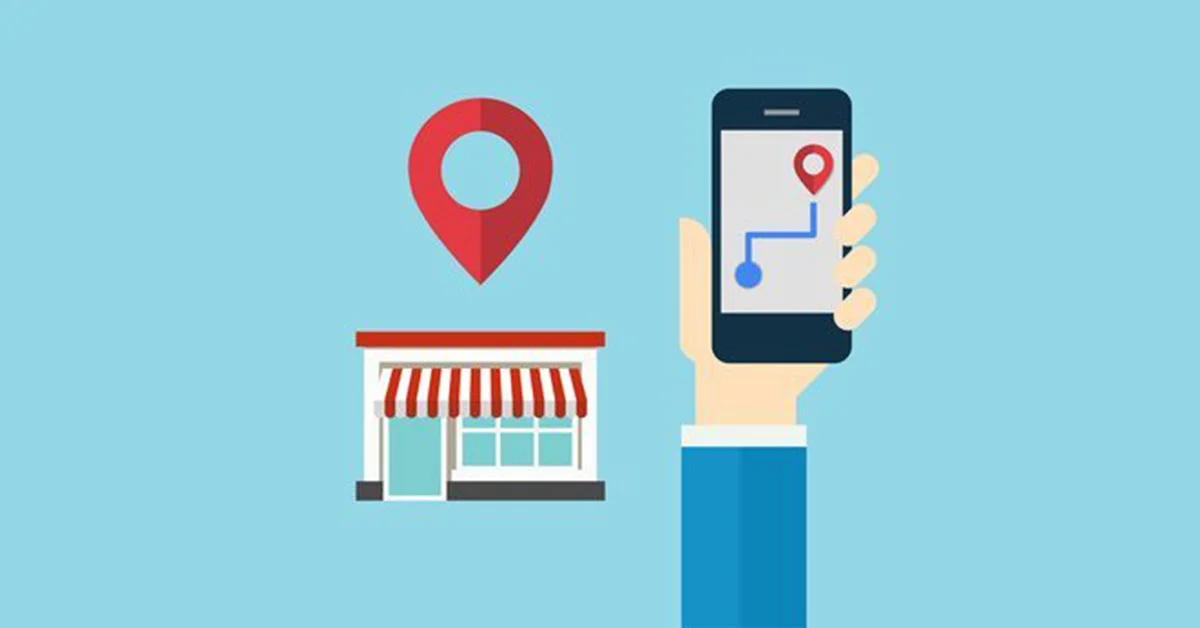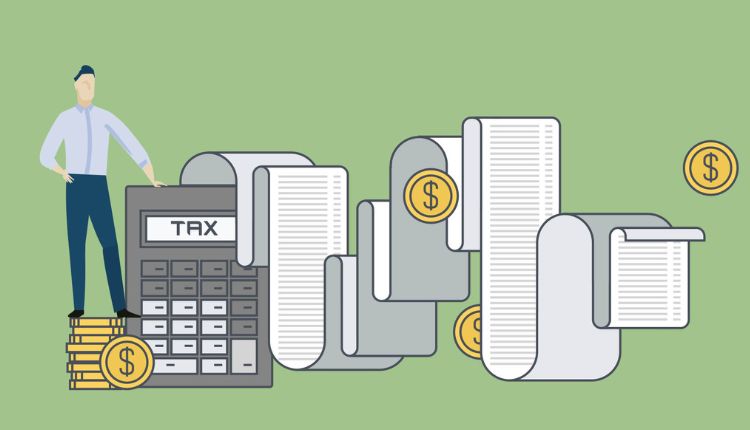
Fundamentals of Online Commodity Trading
Let’s say that you happen to be a stock market trader who trades stock Futures and Options regularly. Recently, there has been a lot of growth in the commodity market with respect to volume as commodity rates have been at all-time highs or multi-year highs which stirs the enthusiasm of traders. Hence, you could also choose to start trading in commodities. Prior to putting your money at stake, make sure you have your basics right. Visit MultiBank Group
There are several investment options to choose from which will be useful when it comes to investing your hard-earned money and getting good returns with minimum risk. Asset classes refer to broad categories which consist of cash and cash equivalents, bonds, derivatives, equities, real estate, gold, commodities, mutual funds, and alternative investments among others.
What are commodities?
A commodity refers to a real asset available in physical quantities which can be specifically measured. Common examples include primary agricultural products like corn, soybeans, or dairy products. Trading happens on international commodity market exchanges
What is commodity trading?
It talks about the purchasing or selling of commodities. Transactions can be divided into two categories:
Physical commodity trading
During trading, buyers exchange physical commodities with sellers. Trading is carried out on the basis of spot prices. For instance, an investor could go on a precious metal website. The delivery of gold bars happens after the purchase. Oil companies could also purchase and store oil barrels to sell later.
Derivatives trading
Traders could purchase and sell swaps, futures, forwards as well as options. They are derivative financial instruments built on underlying assets.
Different categories of the commodity market
The real picture is that the commodity market is not a single marketplace. Instead, it’s a number of different regulated futures exchanges. What happens in the exchange? Hedgers purchase contracts made by the exchange. Their goal is to balance out the risk associated with price changes. Speculators as well as traders expect to purchase and sell high.
In the past, the majority of trading happened on the trading floor. Electronic trading has now become the norm. Most traded commodities, popularity-wise are inclusive of West Texas Intermediate (WTI) crude oil, coffee, natural gas, gold, Brent Oil, silver, sugar, corn, wheat, and cotton.
Commodities that have the highest trading activity are the best commodities that can be traded as CFDs. They are extremely volatile with high price swings.
Commodity Futures
Futures refer to legally-binding contracts made as well as assisted by a regulated exchange. One party chooses to purchase a predefined quantity of commodities. Delivery happens on a pre-set future date, several weeks, months, or years later. Future prices are set in the phase of the price discovery process when the quoting and bidding happen. The contract also makes the quantities as well as the delivery location clear. Know more about MultiBank Group
Commodity Forwards, Swaps, and Options
They refer to future contracts but have varied contract specifications. Forwards, for example, let participants customize quantities and delivery dates. Options on futures contracts imply that parties have the right but are not obliged to follow through with the contract terms.




